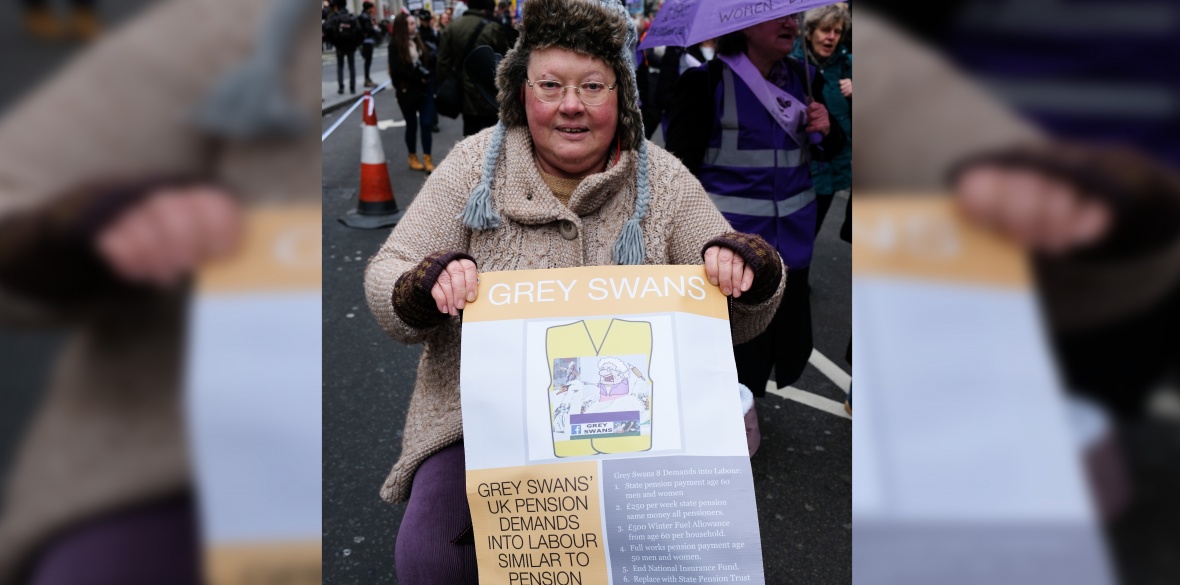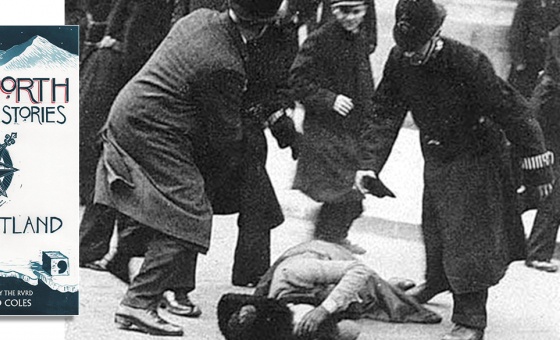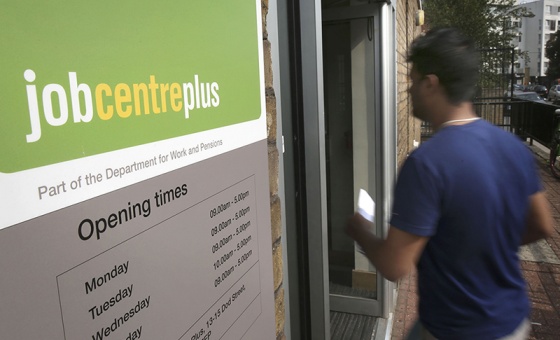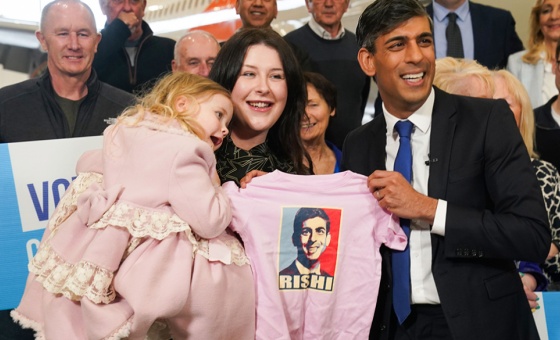This is the last article you can read this month
You can read more article this month
You can read more articles this month
Sorry your limit is up for this month
Reset on:
Please help support the Morning Star by subscribing here
THE Grey Swans are a campaigning group run by and for older people experiencing both relative and absolute poverty. Let down by the Tory government they want to see Labour commit to policies in the next manifesto that will help end pensioner poverty.
The founder of the group, Christine Williams, has been aware for some time that many more pensioners were falling below the poverty line and as such, were more likely to become isolated, unwell and at risk of an early death.
These concerns were recently borne out by figures released by the Joseph Rowntree Foundation, which showed 300,00 more pensioners were in poverty. This announcement also included the rise in child poverty.
Unfortunately, when these figures were announced, the broadcast media in particular focused on child poverty rather than looking at both groups. The Grey Swans think this is due to a myth that is being perpetuated that older people have been much more protected than other groups in society.
This might have been partially true immediately after the financial crash when a combination of specific benefit measures and spells of low inflation helped to prevent many older people from falling below the poverty line.
However, with the Tories in power the exact opposite happened with punishing benefit changes and vast increases in energy costs, which hit those on already low incomes, particularly those who due to age and/or disability spend more time at home.
For Christine Williams, who is one of the 1950s-born women who were denied their state pension (and pension credits) at age 60, the I, Daniel Blake film by Ken Loach resonated so much. She had taken early retirement from her job at the council and received a small works pension, of just 3 per cent of an average wage.
She was increasingly unable to do the simplest of tasks due to a deterioration in her disability, however when she tried to apply for disability benefits she failed despite strong supporting evidence from her GP and specialists.
In 2014, she joined many other “Daniel Blakes” who were over 60 but denied Pension Credit. If she had gained Pension Credit it would have meant she would have received council tax support and other knock-on benefits, which would have helped her scrape by.
She has heard horror stories of older people sanctioned on Jobseekers’ Allowance or wrongly found fit to work. She points to the recent case covered in The Liverpool Echo of 64-year-old Stephen Smith who was so emaciated he was just six stone in weight, yet he was initially deemed fit to work. He had to leave his hospital bed to fight the decision at a tribunal, with the judge immediately recognising that a serious error had been made.
This year, on her 65th birthday, Christine will finally get her state pension, so her income will rise to (just) 6 per cent of the average wage. The reason why it remains so low is government, NHS and council jobs were opted out of SERPS, the top-up state second pension, which reduces the state pension under the new flat rate that came into force from April 2016.
This 6 per cent of the average wage will still not be enough for Christine to feel able to fully heat her home. This hasn’t been helped by the Winter Fuel Allowance remaining at the 2011 level despite the huge rise in energy bills since that time.
For those who retired before April 2016 the state pension is just £129.20 a week, after that date it is just £168.60 a week, but as seen in the account from Christine Williams, many people don’t receive this amount. With the most common amount for works pensions being £2,000 to £4,000 per year, and many pensioners not entitled to a second pension at all, it’s easy to see how spiralling bills can squeeze an already low income.
These factors have resulted in the headline figure of 300,000 more pensioners now experiencing poverty – amounting to 3.5 million in total. The Joseph Rowntree Foundation point in particular to the concerning figures around those who are single, renting their homes in the private rental market and of a non-white ethnicity.
It is because one in six pensioners are now living in poverty with many more very close to the poverty line, that the Grey Swans are appealing to Labour to tackle pensioner poverty. As Age UK charity director Caroline Abrahams says: “Unless action is taken quickly, poverty among the older generation could continue to escalate.”
Ruth F Hunt is a freelance journalist and author of The Single Feather (Pilrig Press)
For more information on the Grey Swans and their policy ideas, join their Grey Swans Facebook page or contact [email protected].












